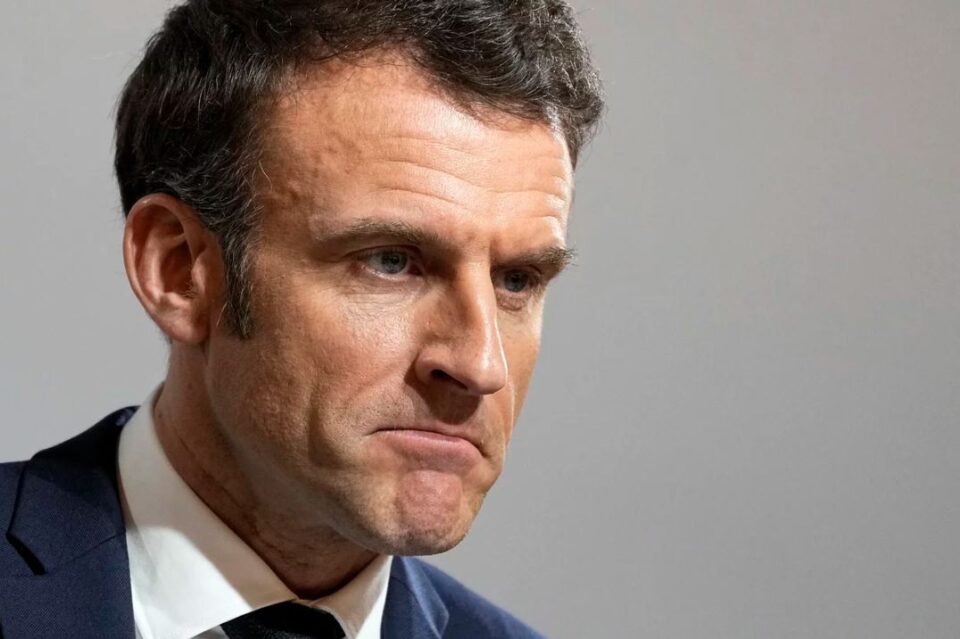As the French administration chose to impose pension reforms without parliamentary approval, police and protestors have fought in Paris.
Due to the increase in the retirement age from 62 to 64, crowds gathered in Place de la Concorde.
Heated political debate and strikes had been ignited by the plans for two months.

In order to avoid a vote in the Assembly, Prime Minister Élisabeth Borne finally referred to article 49:3 of the constitution.
Because there was no assurance that a majority would be obtained, the decision was made just minutes before MPs were supposed to vote on the contentious bill.
Opposition lawmakers were incensed by the action. In parliament, many people sung the La Marseillaise, booed the prime minister, and displayed protest signs.

According to far-right opposition leader Marine Le Pen, a motion of no-confidence will be brought against President Emmanuel Macron’s administration.

Mathilde Panot, the leader of the left-wing group La France Insoumise (LFI), claimed on Twitter that Mr. Macron had imposed a crisis in the country’s administration without the support of either the legislature or the general public.
Hundreds of people demonstrated against the plan in the streets of Paris and other French cities while singing the national anthem and displaying union flags.
As dusk struck, some demonstrators and police got into a brawl. The Plaza de la Concorde was set on fire, and as police proceeded to clear the area with shields and batons, tear gas was discharged.

120 people had been detained by dusk, Paris police reported to the AFP news agency.
The Confédération Générale du Travail (CGT) said that another day of strikes and demonstrations was scheduled for Thursday, March 23. Nonetheless, unions vowed to continue to oppose the pension changes.
Although it may sound arcane, the constitutional mechanism that has caused all this ire is a pretty common political term in France.
Although though Mr. Macron was re-elected last year on a platform of retirement reforms, his ruling coalition lacks a majority in the Assembly, and the Republicans party would have been required to accept the pension changes in order for them to be passed.
Representatives from Mr. Macron’s Renaissance party spent the morning frantically cajoling lawmakers to support their legislation.
They turned to extraordinary constitutional authorities because they were aware that some of their MPs may abstain or vote against the bill given its obvious unpopularity.
Yet whenever a government uses the 49:3, it may be sure that it will be charged with trampling on the people’s will right away.
In actuality, governments of all hues have employed it exactly 100 times in the more than 60 years of the Fifth Republic.
It is obvious that governments without an automatic majority in parliament, like those of the socialist Michel Rocard in the 1980s and Élisabeth Borne in the present, tend to utilize it more frequently.
In reality, she has already used it on multiple occasions, although they were for less contentious public budget initiatives.
The disadvantage for the government of using the method is that the opposition parties can quickly introduce a vote of no-confidence.
The government is overthrown if these are passed. The far-right, the left, and a significant portion of the conservative opposition coming together makes that a theoretical possibility at the moment but doubtful.
France appears unreformable once more as a result of the conflict. The pension age change is not very significant in compared to other European nations.
However the bill is routinely criticized by opponents as “brutal”, “inhuman” and “degrading”.
Retirement is viewed as a bright point in the future in France, where morale is poor and declining. Nonetheless, many believe that even taking that away represents the government of the wealthy.




